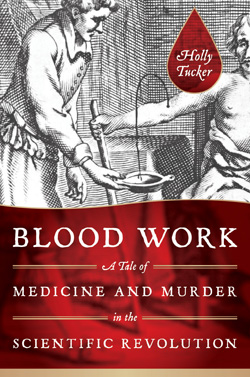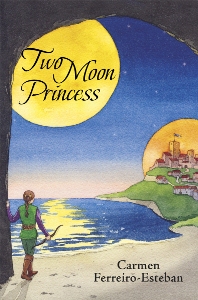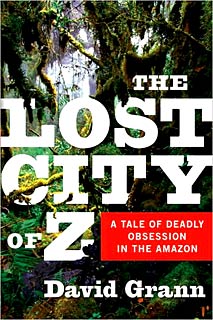This review contains affiliate links, which earn me a small commission when you click and purchase, at no extra cost to you. Thank you for supporting my small business and allowing me to continue providing you a reliable resource for clean book ratings.
In Paris in winter 1667, a low-born social-climbing physician transfused a well-known madman with calf’s blood. Copying the experiment from the English, he hoped performing the shocking new procedure in France would garner the attention he craved. Unfortunately, Jean-Baptiste Denis got a different kind of attention than he wanted: he ended up at the center of a controversy that saw the man dead after a third attempt at transfusion, and he was framed for the patient’s murder.
For decades, society has taken for granted that blood can be donated, stored and transfused; it’s only been a little over a century since it was discovered that there are four human blood groups, allowing patients to be transfused without severe effects. What is less known is that thanks to Denis’ role in the French madman’s death, research by scientists on blood transfusion was effectively halted for almost a century and a half.
In Blood Work, Holly Tucker explores the history of early blood transfusion research and explains why Denis’ experiment caused such an uproar. Society at the time was fraught with political and cultural issues that affected this vital research, and physicians of the day, though well-intentioned, knew very little about the real inner workings of the human body. They still believed that bleeding patients was important to balance out the “humors” in the body, for instance, and they were still not all agreed that blood circulated through the body.
Tucker tells an interesting true tale of a little-known part of medical history and puts it in context of time and place to explain clearly why events transpired as they did. It’s educational and mostly engaging reading. She uses a lot of background information about the people and the conditions at the time, politically and societally, and sometimes it seems to be a bit more than necessary to make her case, but overall, it’s informative.
Rated: None
Click here to purchase your copy of Blood Work on Amazon.




